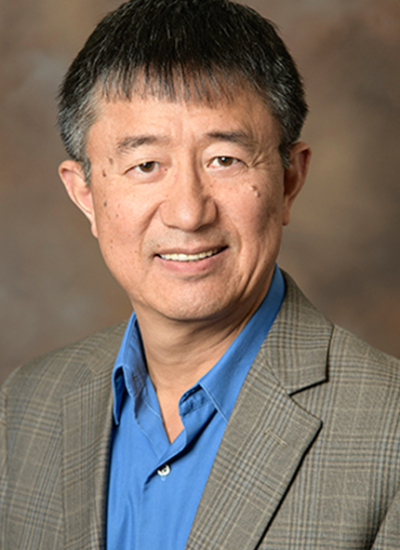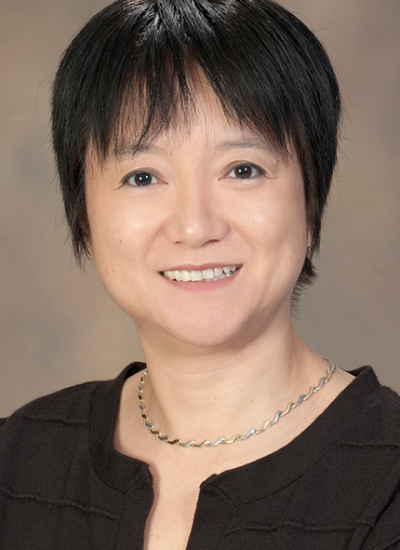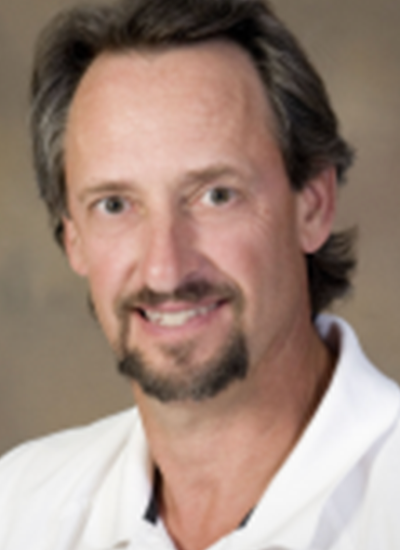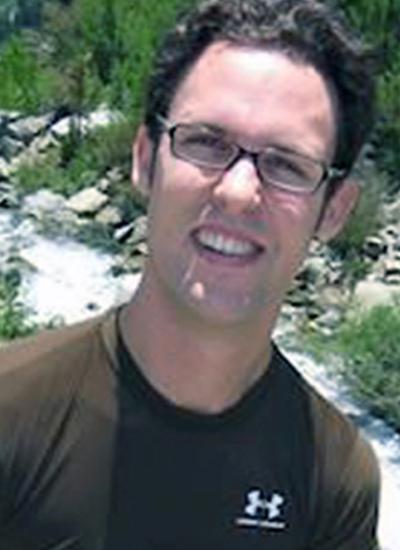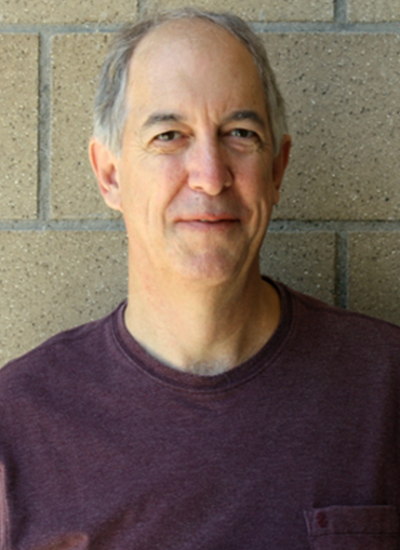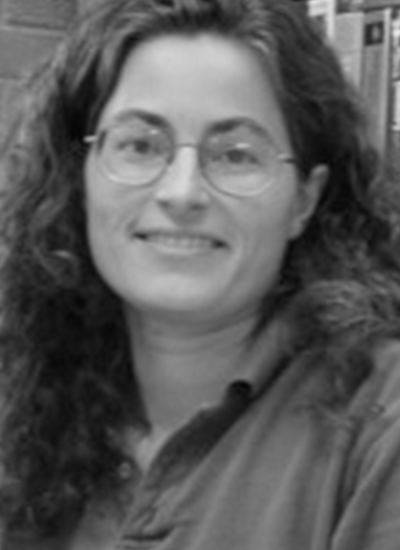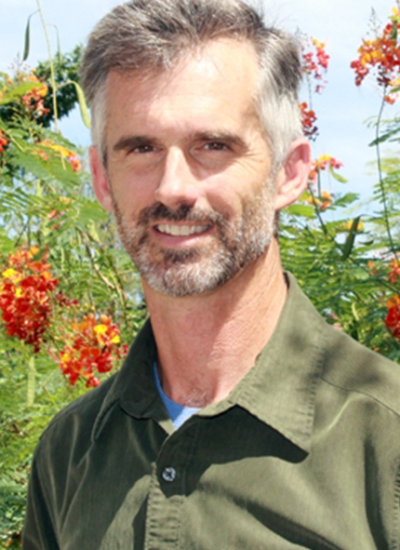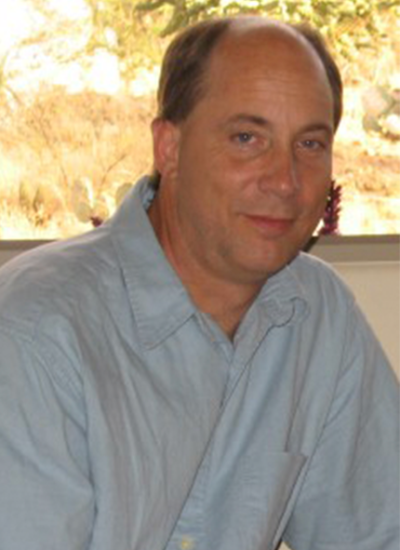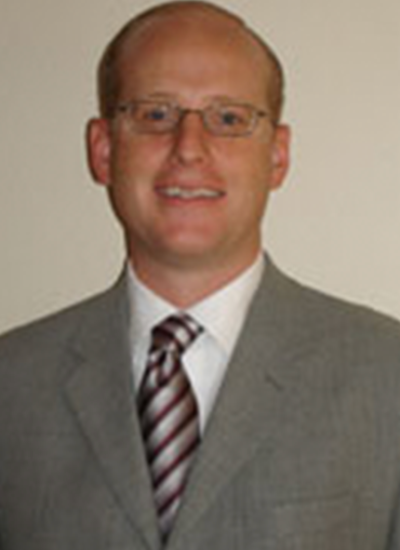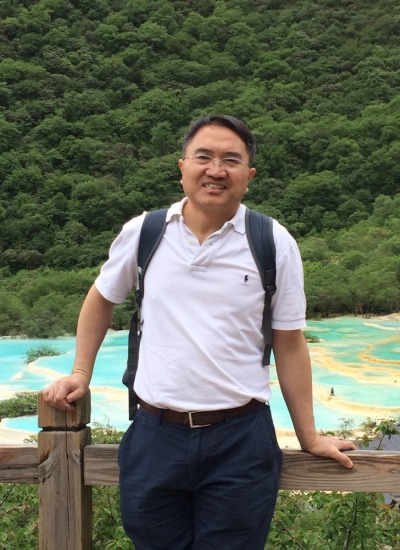Mechanistic studies of the Nrf2/Keap1 signaling pathway Oxidative stress, an imbalance between production and removal of reactive oxygen species, can damage biological macromolecules including DNA, proteins and lipids ( Oxidative damage to biological macromolecules can have profound effects on cellular functions and has been implicated in cancer, inflammation, neurodegenerative diseases, cardiovascular diseases and aging. Eukaryotic cells have evolved anti-oxidant defense mechanisms to neutralize reactive oxygen species (ROS) and maintain cellular redox homeostasis. One of the most important cellular defense mechanisms against ROS and electrophilic intermediates is mediated through the ARE (antioxidant responsive element, or electrophile responsive element) sequence in the promoter regions of phase II and antioxidant genes. The ARE-dependent cellular defense system is controlled by the transcription factor Nrf2. Recent advances in the mechanistic studies of this pathway have provided the following models for Nrf2 regulation: Keap1, a key player in the activation of this pathway, has been identified to function as a molecular switch to turn on and off the Nrf2-mediated antioxidant response. Under basal condition, Keap1 is in the off position and functions as an E3 ubiquitin ligase, constantly targeting Nrf2 for ubiquitination and degradation. As a consequence, the constitutive levels of Nrf2 are very low. The switch is turned on when oxidative stress or chemopreventive compounds inhibit the activity of the Keap1-Cul3-Rbx1 E3 ubiquitin ligase, resulting in increased levels of Nrf2 and activation of its downstream target genes. The switch is turned off again upon recovery of cellular redox homeostasis; Keap1 travels into the nucleus to remove Nrf2 from the ARE. The Nrf2-Keap1 complex is then transported out of the nucleus by the nuclear export signal (NES) in Keap1. In the cytosol, the Nrf2-Keap1 complex associates with the Cul3-Rbx1 core ubiquitin machinery, resulting in degradation of Nrf2. We are currently working on the detailed steps of the Nrf2-Keap1-ARE pathway in response to oxidative stress and to chemopreventive compounds The protective role of Nrf2 in arsenic-induced toxicity and carcinogenicity Another direction of our research is to understand the molecular mechanisms of toxicity/carcinogenicity of environmental pollutants and the endogenous cellular defense systems to cope with pollutants. Drinking water contaminated with arsenic is a worldwide public health issue. Arsenic has been classified as a human carcinogen that induces tumors in the skin, lung, and bladder. Arsenic damages biological systems through multiple mechanisms, one of them being reactive oxygen species. The ARE-Nrf2-Keap1 signaling pathway, activated by compounds possessing anti-cancer properties, has been clearly demonstrated to have profound effects on tumorigenesis. More significantly, Nrf2 knockout mice display increased sensitivity to chemical toxicants and carcinogens and are refractory to the protective actions of chemopreventive compounds. Therefore, we hypothesize that activation of the ARE-Nrf2-Keap1 pathway acts as an endogenous protective system against arsenic-induced toxicity and carcinogenicity. The following Specific Aims are intended to further elucidate the mechanism of Nrf2-activation in protection from arsenic-induced toxicity/tumorigenicity. We will (1) determine the protective role of the ARE-Nrf2-Keap1 pathway in arsenic-induced toxicity and cell transformation using a model cell line UROtsa, (2) define the molecular mechanisms of activation of the ARE-Nrf2-Keap1 pathway by arsenic, sulforaphane, and tBHQ, and (3) define the protective role of the ARE-Nrf2-Keap1 pathway in arsenic-induced toxicity and tumorigenicity using Nrf2 knockout mouse as a model. So far, we have demonstrated a protective role of Nrf2 against arsenic-induced toxicity using cell culture and Nrf2-/- mouse model. We have provided evidence demonstrating that Nrf2 protects against liver and bladder injury in response to six weeks of arsenic exposure in a mouse model. Nrf2−/− mice displayed more severe pathological changes in the liver and bladder, compared to Nrf2+/+ mice. Furthermore, Nrf2−/− mice were more sensitive to arsenic-induced DNA hypomethylation, oxidative DNA damage, and apoptotic cell death. Recently, we submitted another manuscript to Toxicological and Applied Pharmacology, reporting our long-term study of the effect of Nrf2 on arsenic-mediated cell transformation and tumor formation. In this study, we provide evidence demonstrating the importance of Nrf2 activation in preventing the carcinogenetic effects induced by long-term exposure to low-dose arsenic both in vitro and in vivo. The UROtsa cell line was used to show that daily exposure to the Nrf2 inducer, tBHQ, alleviated arsenic-induced hypomethylation and cell transformation. Moreover, tBHQ treatment reduced tumorigenicity of arsenic-transformed cells in SCID mice. Chronic treatment with arsenic also compromised the Nrf2-dependent defense response in the bladder epithelium in Nrf2+/+ implicating the important role of Nrf2 in protecting against arsenic-induced carcinogenicity. This study supports the advantages of using dietary supplements specifically targeting Nrf2 as a chemopreventive strategy to protect humans from various environmental insults that may occur on a daily basis. Identification and development of Nrf2 activators into dietary supplements/ for disease preventio Identification and development of Nrf2 inhibitors into therapeutic drugs to enhance the efficacy of cancer treatment High-throughput screening of Nrf2 activators or inhibitors: we are screening a chemical library and a natural product library to identify compounds that are able to activate or inhibit ARE-luciferase activity using a stable cell line established in our laboratory, MDA-MB-231-ARE-Luc. Based on the critical role of Nrf2 in disease prevention, using Nrf2 activators to boost our antioxidant response represents an innovative strategy to enhance resistance to environmental insults. Once Nrf2 activators are identified and the specificity of these compounds in activating Nrf2 is validated, the compounds will then be tested for the mechanism by which they confer cellular protection and the feasibility of using these compounds for disease prevention using various disease models. On the other hand, recent findings point to the “dark side” of Nrf2, as studies have shown that Nrf2 promotes cancer formation and contributes to chemoresistance. Using a genetic approach, we have provided evidence that the level of Nrf2 correlates well with cancer cell resistance to several therapeutic drugs, demonstrating that Nrf2 is likely responsible for chemoresistance. More recently, we have reported a study on Nrf2 expression in endometrial cancer patients (117 cases). We found no detectable Nrf2 expression in complex hyperplasia, 28% Nrf2 positive cases in endometrial endometrioid carcinoma (type I), and 89% Nrf2 positive cases in endometrial serous carcinoma (type II). Please note that type II endometrial cancer is the most malignant and recurrent carcinoma among various female genital malignancies. Furthermore, inhibition of Nrf2 by overexpressing Keap1 sensitized SPEC-2 cells, which are derived from type II endometrial cancer, or SPEC-2 xenografts to cisplatin using both cultured cells and SCID mouse models. These studies demonstrate that Nrf2 contributes to chemoresistance in many cancers originating from different organs and illustrate the urgent need for identification of Nrf2 inhibitors and for the development of Nrf2 inhibitors into druggable compounds to enhance the efficacy of cancer treatment. We have identified the very first Nrf2 inhibitor and characterized its use to sensitize cancer cells to chemotherapy. We just submitted a manuscript to Science reporting our discovery. The following is the abstract of the manuscript: “The major obstacle in cancer treatment is the resistance of cancer cells to chemotherapy. Nrf2 is a transcription factor that regulates a cellular defense response and is ubiquitously expressed at low basal levels in normal tissues due to Keap1-dependent ubiquitination and proteasomal degradation. Recently, Nrf2 has emerged as an important contributor to chemoresistance. High constitutive expression of Nrf2 was found in many types of cancers, creating an environment conducive to cancer cell survival. We have identified brusatol as a selective Nrf2 inhibitor that is able to sensitize cancer cells and xenografts to chemotherapeutic drugs by enhancing the degradation of Nrf2 and inhibiting the Nrf2-dependent antioxidant response. These results suggest that brusatol can be developed into an adjuvant drug to enhance the efficacy of cancer treatments”. The importance of this project: (i) the use of an Nrf2 inhibitor to enhance the efficacy of cancer therapeutics represents a novel approach to caner treatment. Nrf2 inhibitors may be used in a broad spectrum across many types of cancers and chemotherapeutic drugs to increase the effectiveness of cancer treatment. Development of brusatol into an adjuvant for clinical use to sensitizer many cancer types to treatment will have an enormous impact on human health worldwide. (ii) Brusatol will be extremely useful for the mechanistic investigation of Nrf2 regulation by complex cellular networks. Cross talk between the Nrf2 signaling pathway and others During the last couple of years, crosstalk between the Nrf2 pathway and other important pathways has emerged. Our group has identified two separate branches that converge with the Nrf2 pathway, the p53-p21(Cip1/WAF1) pathway and the autophagy pathway. Crosstalk is mediated by the direct interaction between p21 and Nrf2, and Keap1 with p62, respectively. In the p53-p21 study, we provide molecular and genetic evidence suggesting that the previously suggested antioxidant function of p53 or p21 is mediated through activation of the Nrf2 pathway. Mechanistically, p21 is able to stabilize Nrf2 by competing away Keap1, thus, activating the Nrf2-mediated antioxidant response. Therefore, the interaction between Nrf2 and p21 represents a fine-tuning mechanism between life and death according to the level of stress. In the study with p62 and Nrf2, we reported a novel mechanism of Nrf2 activation by autophagy deficiency through a direct interaction between Keap1 and p62. In response to stress, cells can utilize several cellular processes, such as autophagy, a bulk-lysosomal degradation pathway, to mitigate damages and increase the chances of cell survival. Deregulation of autophagy causes upregulation of p62 and the formation of p62-containing aggregates, which are associated with neurodegenerative diseases and cancer. Accumulation of endogenous p62 or ectopic expression of p62 sequesters Keap1 into aggregates, resulting in the inhibition of Keap1-mediated Nrf2 ubiquitination and its subsequent degradation by the proteasome. In contrast, overexpression of mutated p62, which loses its ability to interact with Keap1, had no effect on Nrf2 stability, demonstrating that p62-mediated Nrf2 upregulation is Keap1-dependent. These findings demonstrate that autophagy deficiency activates the Nrf2 pathway in a non-canonical cysteine-independent mechanism. These work was published in Molecular Cell and Molecular and Cellular Biology, respectively, both are high profile journals. Furthermore, both articles were highlighted in Molecular Cell and Science Signaling, respectively, indicating the importance and high impact of the projects.


